Larger antennas and better beamforming are routing calls through orbit.
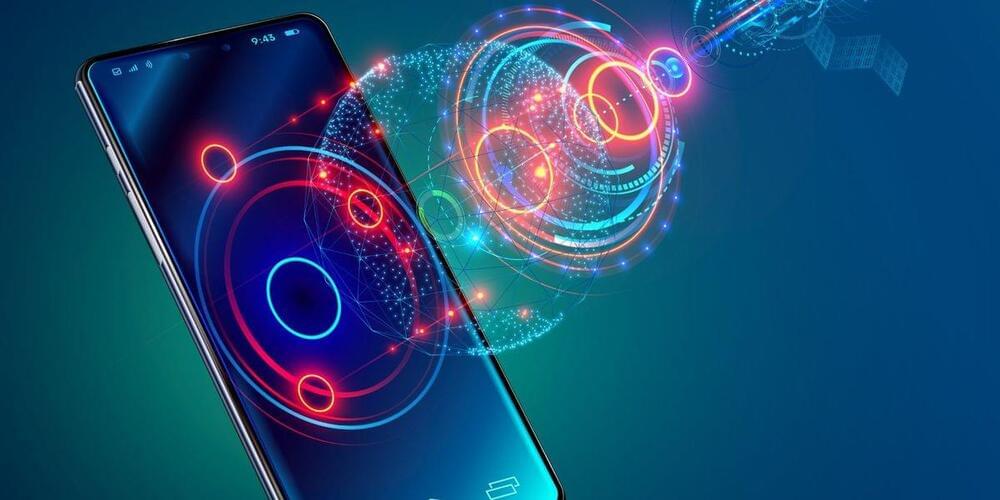

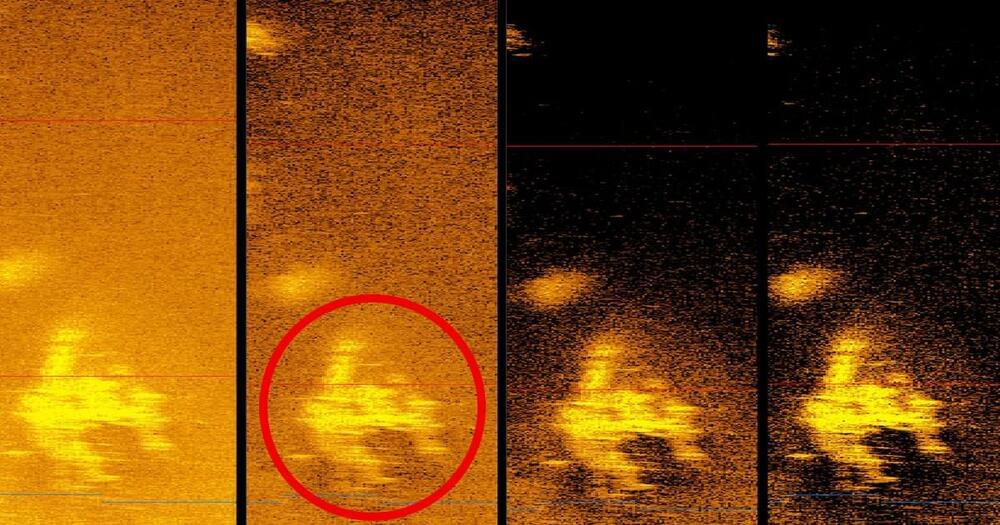
South Carolina-based ocean exploration company Deep Sea Vision claims to have found the aircraft of American aviation pioneer Amelia Earhart, who famously disappeared back in 1937 while trying to become the first female pilot to circumnavigate the globe.
If confirmed, the discovery could be a huge development in one of aviation’s greatest mysteries.
With the help of an underwater drone equipped with a high-tech radar and a 16-member crew, Deep Sea Vision claims to have come across an object that closely resembles Earhart’s Lockheed Electra aircraft roughly 16,000 feet below the surface and 100 miles off Howland Island, a location where the two were supposed to land to refuel.

After COVID vaccination, it usually takes weeks for our bodies to develop protective antibody responses. Imagine, however, a vaccine that speeds up the production of antibodies against SARS-CoV-2, the virus that spreads COVID-19.
A research team led by Rong Hai, an associate professor of microbiology and plant pathology at the University of California, Riverside, has developed such a vaccine by using preexisting immunity to a separate virus (the influenza virus) to help kickstart the process of making antibodies against SARS-CoV-2.
“Any delay in the immune response to SARS-CoV-2 means there is some time when people are left poorly protected against the virus,” Hai said. “Our vaccine is designed to get people those protective antibody responses faster, so they are not vulnerable to the coronavirus. This is better protection for everyone. It could be especially valuable for people who still lack immunity to SARS-CoV-2, such as children.”
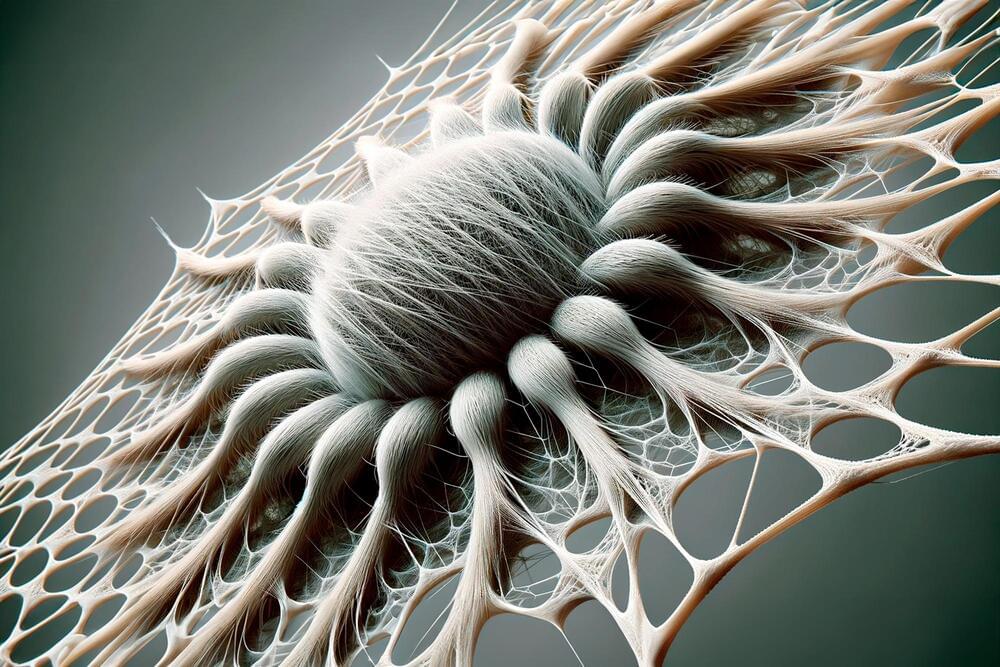
For the first time, researchers have used bacteria to “upcycle” waste polyethylene.
Move over Spider-Man: Researchers at Rensselaer Polytechnic Institute have developed a strain of bacteria that can turn plastic waste into a biodegradable spider silk with multiple uses.
Transforming Plastic Into Protein

Amid a massive wave of tech company layoffs in favor of AI, Google is firing thousands of contractors tasked with making its namesake search engine work better.
As Vice reports, news of the company ending its contract with Appen — a data training firm that employs thousands of poorly paid gig workers in developing countries to maintain, among other things, Google’s search algorithm — coincidentally comes a week after a new study found that the quality of its search engine’s results has indeed gotten much worse in recent years.
Back in late 2022, journalist Cory Doctorow coined the term “enshittification” to refer to the demonstrable worsening of all manner of online tools, which he said was by design as tech giants seek to extract more and more money out of their user bases. Google Search was chief among the writer’s examples of the enshittification effect in a Wired article published last January, and as the new study out of Germany found, that effect can be measured.
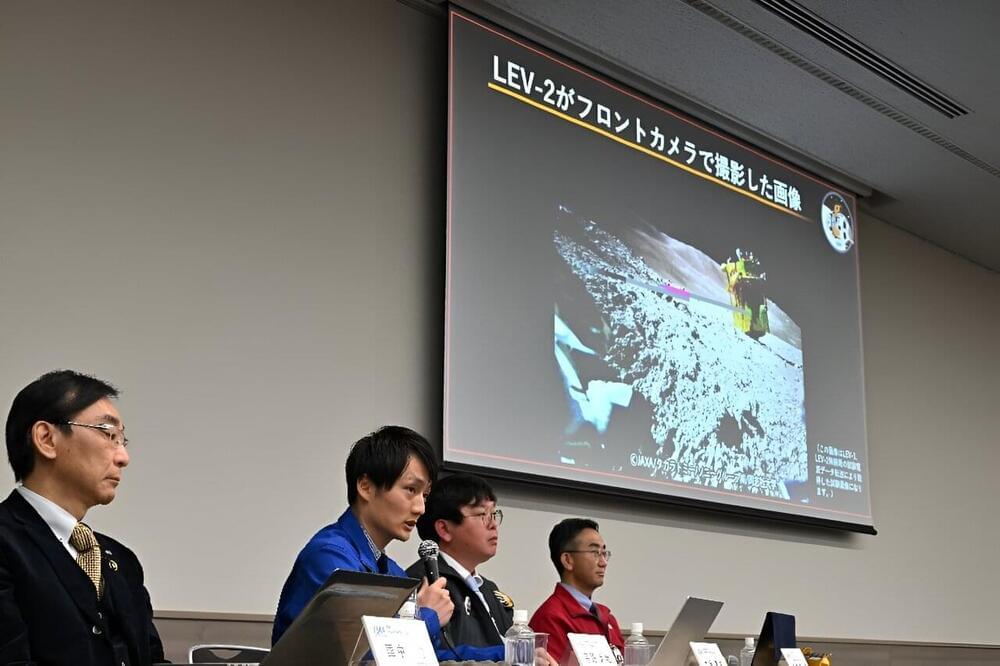
Japan’s moon lander has come back to life, the space agency said Monday, enabling the craft to proceed with its mission of investigating the lunar surface despite its rocky start.
The surprise announcement was a boost to Japan’s space program, nine days after the Smart Lander for Investigating Moon (SLIM) touched down at a wonky angle that left its solar panels facing the wrong way.
“Last evening we succeeded in establishing communication with SLIM, and resumed operations!” JAXA said on social media platform X, posting a grainy image of a lunar rock known as a “toy poodle”


AI processing can take a huge amount of computing power, but by the looks of this latest joint project from the Jülich Supercomputing Center and French computing provider Eviden, power will not be in short supply.
“But can it run Crysis” is an old gag, but I’m still going to see if I get away with it.
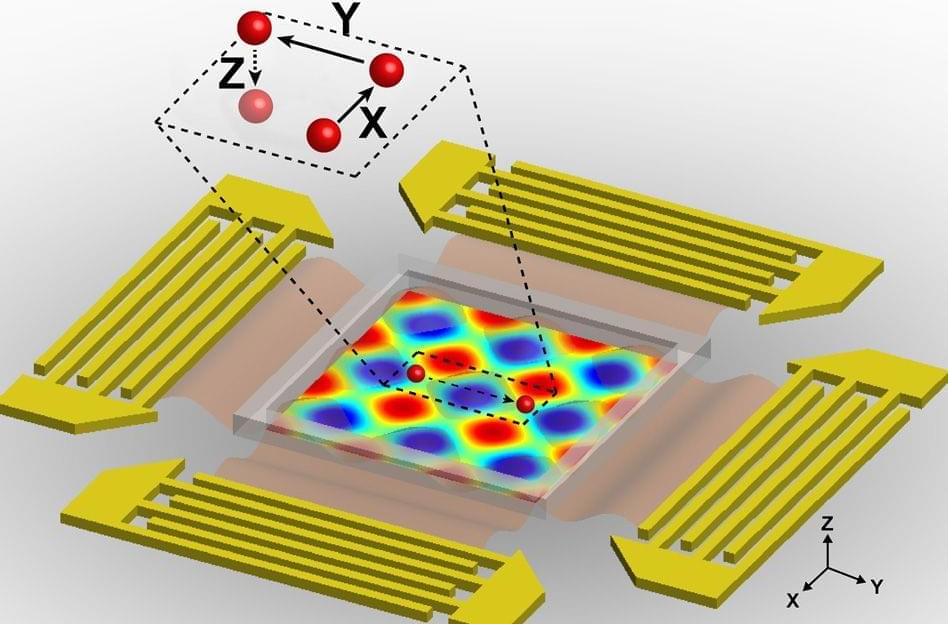
Engineers at MIT, Penn State University, and Carnegie Mellon University have devised a way to manipulate cells in three dimensions using sound waves. These “acoustic tweezers” could make possible 3D printing of cell structures for tissue engineering and other applications, the researchers say.
Designing tissue implants that can be used to treat human disease requires precisely recreating the natural tissue architecture, but so far it has proven difficult to develop a single method that can achieve that while keeping cells viable and functional.
“The results presented in this paper provide a unique pathway to manipulate biological cells accurately and in three dimensions, without the need for any invasive contact, tagging, or biochemical labeling,” says Subra Suresh, president of Carnegie Mellon and former dean of engineering at MIT. “This approach could lead to new possibilities for research and applications in such areas as regenerative medicine, neuroscience, tissue engineering, biomanufacturing, and cancer metastasis.”
